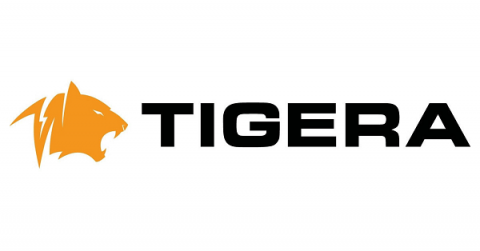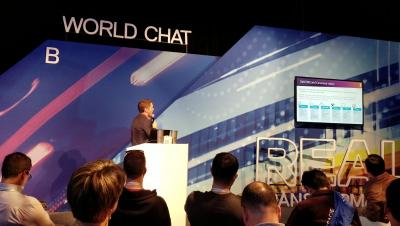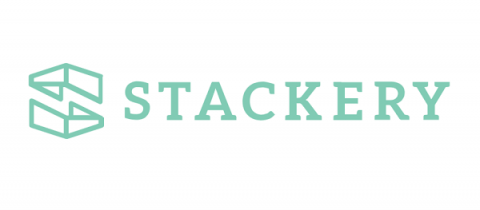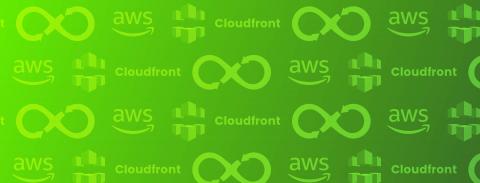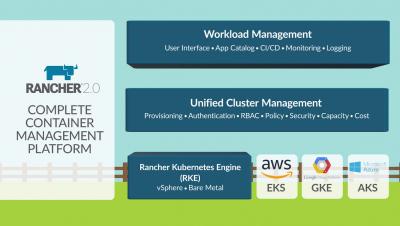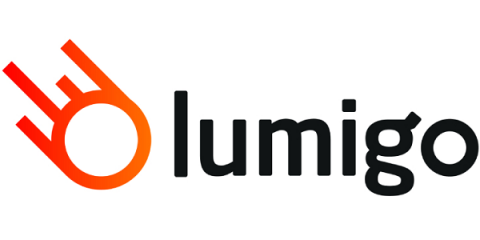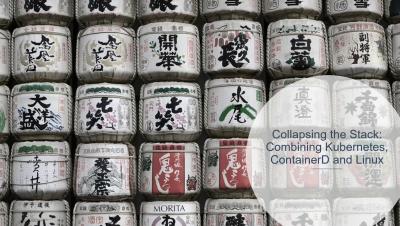Key Kubernetes Concepts
Cloud computing, containerization, and container orchestration are the most important trends in DevOps. Whether you’re a data scientist, software developer, or product manager, it’s good to know Docker and Kubernetes basics. Both technologies help you collaborate with others, deploy your projects, and increase your value to employers. In this article, we’ll cover essential Kubernetes concepts. There are a lot of Kubernetes terms, which can make it intimidating.


